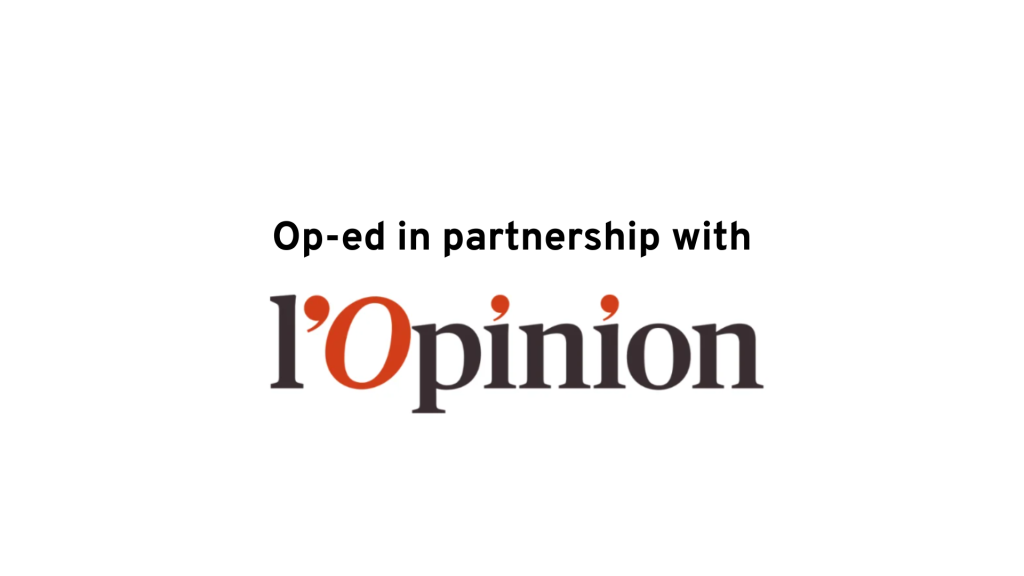European sovereignty: Africa, a strategic partner in times of global challenges

From the Covid crisis to the war in Ukraine, Europeans have increasingly recognized the vulnerabilities threatening their sovereignty – whether in defence, energy independence or reliance on critical metals vital to the energy transition. With the US elections, this awareness has evolved in a pressing sense of urgency.
In response to these challenges, Europe has turned its attention to many regions across the globe, often overlooking the one closest to home: Africa. And yet, while dependence on Russian gas has shifted to reliance on American gas, major gas discoveries are being developed in Mozambique, Namibia, Mauritania… Similarly, while agreements are being signed with Chile for lithium, Africa holds vast reserves of critical minerals essential to the energy transition. And when the goal is to reclaim autonomy over value chains that have been (re)located to China, the continent offers the possibility of building some these chains locally, addressing two fundamental challenges: for the EU, this would enable their repositioning within a neighbouring region with shared interests – ‘friendshoring’. For African nations, it would create opportunities to move up the value chain and generate employment, which serves as the first line of defence against uncontrolled migratory flows – an issue they are the first to worry about.
Over the last twenty years, the EU’s position in Africa has steadily declined, mainly overtaken by China, but also by India, Turkey, Russia. This narrative has become so familiar that it is often seen as an unchangeable reality. However, others do not share this perspective: Saudi Arabia recently announced $40bn in investments across the continent. The United States has allocated several hundred million US dollars to upgrade the rail link between the Democratic Republic of Congo and the Atlantic Ocean, in order to import copper and cobalt. And JP Morgan Chase, one of the world’s largest banks, has just announced its return to the continent: financing is key. Yet, European banks are in the process of finalising a withdrawal that began several years ago, on the back of the prudential regulatory changes that followed the global financial crisis of 2008.
The gradual drying up of this financing has never been compensated for; neither by non-banks actors (which, let’s not forget, provide most of the financing for the US economy), nor by development aid, which faces budgetary constraints and the competing demand to rebuild Ukraine. Bringing back private financing is an imperative that will require adapting regulatory constraints – the global challenges of which have been highlighted by the Draghi and Letta reports. In the short term, it will also demand innovative partnerships where public financing plays a catalytic role in attracting alternative, non-banking, private capital flows.
Beyond the traditional aid dimension, an additional approach must be adopted: injecting private funding to deploy projects essential for strengthening European sovereignty, while forging mutually beneficial strategic partnerships with Africa. At least for as long as this remains possible: while for many African countries the link with Europe remains strong, they don’t have time to wait, and their alternatives are increasing. This recalibration of the Europe-Africa relationship is critical at a time when global polarisation is accelerating. It represents not just a strategic necessity, but also a matter of common sense.




